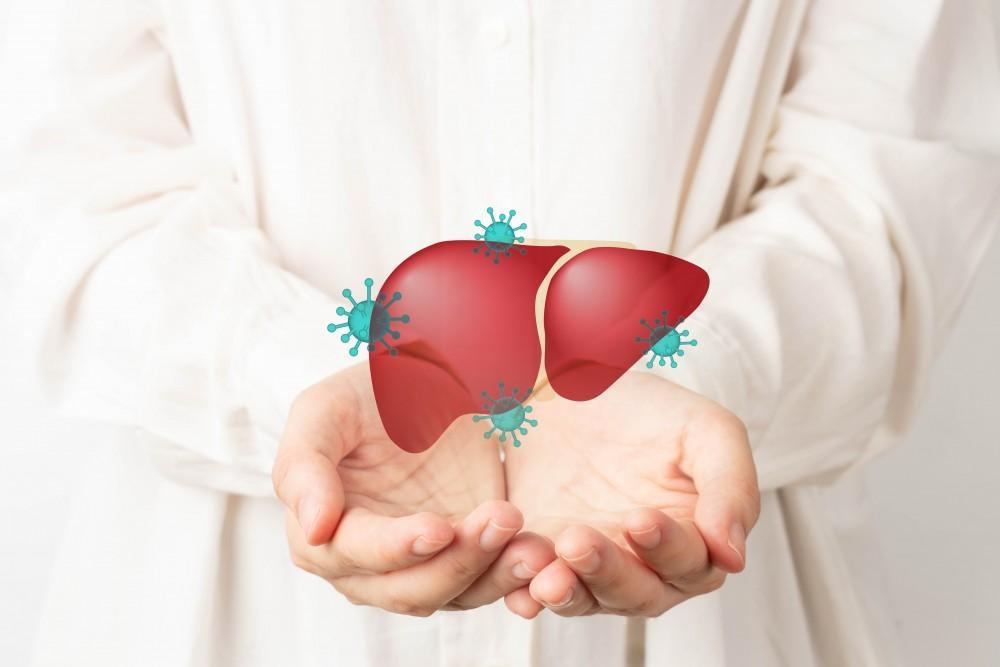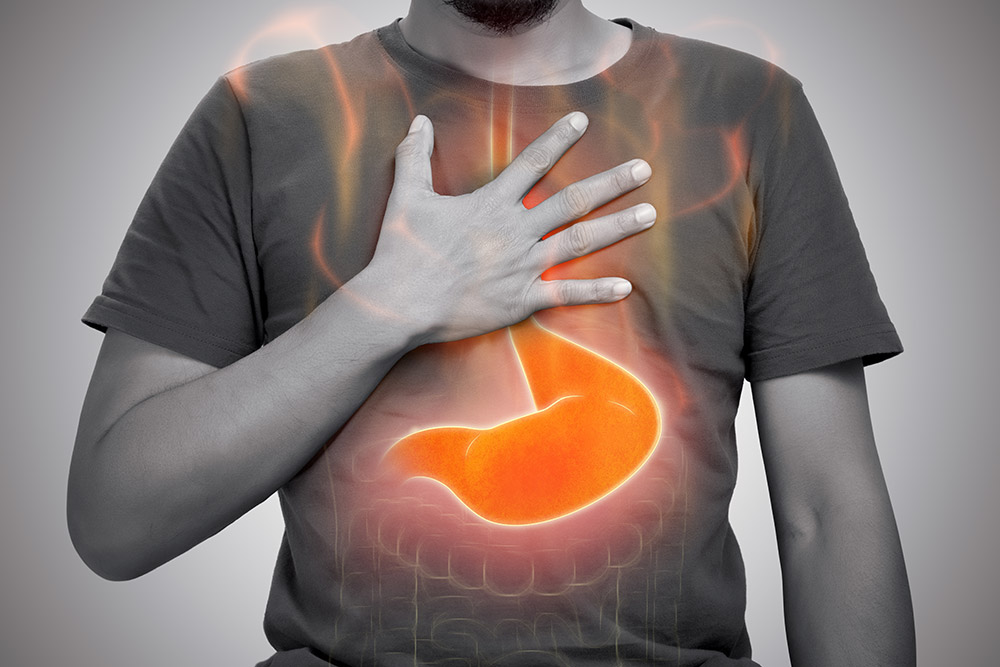Expert Treatment for HSV by Dr. Bharat Pothuri
Dr. Pothuri uses a step-by-step approach:
Medical History and Symptom Review
He reviews your personal and sexual history, prior outbreaks, known triggers, and any underlying health issues or medications that may affect your immune response.
Physical Examination
Dr. Pothuri inspects the affected areas-lips, face, or genital region-for characteristic lesions, blisters, or sores, and assesses their stage of development.
Viral Swab Testing
If active lesions are present, he gently collects a sample from the sore for laboratory PCR or culture to detect HSV DNA and identify the specific virus type.
Blood Tests (Serology)
When sores aren't visible, he may order antibody tests to determine past exposure and distinguish between HSV-1 and HSV-2 infections.
Additional Laboratory Evaluation (if needed)
In select cases, Dr. Pothuri checks for co-infections (e.g., HIV) or evaluates immune status to tailor a comprehensive management plan.
Frequently Asked Questions
What is the difference between HSV-1 and HSV-2?
HSV-1 typically causes cold sores around the mouth, while HSV-2 more often causes genital sores. However, either type can infect both areas through close contact.
Can herpes go away?
No. Once you have HSV, the virus remains in your body for life. Antiviral medications can help reduce outbreaks and lower the risk of transmission.
What helps reduce HSV-2 symptoms in males?
Daily antiviral therapy, proper hygiene, stress management, and a healthy lifestyle can lessen the frequency and severity of genital herpes symptoms.
Is it safe to have sex with HSV?
Yes-with precautions. Use condoms, avoid contact during active outbreaks, consider daily suppressive medication, and maintain open communication with your partner.
How soon should I see a doctor?
If you experience tingling, burning, or notice new sores, schedule an appointment promptly for exam, testing, and early treatment to manage symptoms.
Can I spread HSV without any symptoms?
Yes. Asymptomatic viral shedding can occur, meaning you can transmit HSV even without visible sores. Daily antivirals help reduce this risk.












